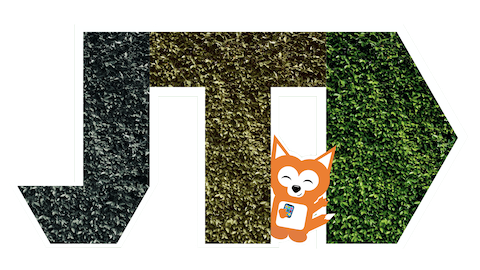I frequently hear people say “my life isn’t interesting, who is going to check my data?” and “I don’t have anything to hide, so I don’t have anything to fear”.
They underestimate themselves: there’s always someone who will profit from your attention, your time, or your vote.
For them, every one of us is interesting: where we spend money, who are our friends, which websites we visit. If they know how we think, they can gently nudge us to think differently.
That’s the Cambridge Analytica scandal in a nutshell: how the 2016 U.S. election was won by gently nudging millions of undecided American voters to vote for Donald Trump.
That’s also why there are free period tracking apps that ask you to login with Facebook: women are more prone to spend money in a specific phase of their menstrual cycle (during which ads around the web can be more profitable), so building a period tracking app takes out the guesswork of when to show you ads.
How can we empower one another?
By asking questions. If this product/service is free, how is the company making money? (“Showing ads” is usually only half the answer. If an app or service registers interesting data about you, the app can not show ads at all but instead inform Google, Facebook or any of the millions of small ad networks about what you like, what you bought, your gender, sexuality, age, socio-economic status...)
By building products that protect their consumers. As product managers, developers, designers, we work on stuff that can make others’ life either better or worse.
There’s two ways we can protect our users: by promoting responsible security and privacy of user data — making sure that your product only keeps the data it needs, and doesn’t leave it in an unprotected server somewhere —, and by avoiding toxic business models — admittedly tricky because these tend to be highly profitable; no one siphons your data because they’re evil (but Google is Google because so much of your data goes through them).By raising awareness and discussing what we’ve learned. Our biggest issue with technology is that most people don’t fully understand how it works; it just does. And sometimes, while it’s doing what you need, it is also doing sneaky stuff in the background.
These conversations come up: is my phone listening to me? Then how can it know I was talking about a hiking trip the other day, to show me this ad?
When we have something to add to these conversations, we can help our friends and family understand how the magic mirror in their pockets or on their desks works.
(That’s actually the main reason I set up this website: check out my Internet Field Guide to empower yourself.)
